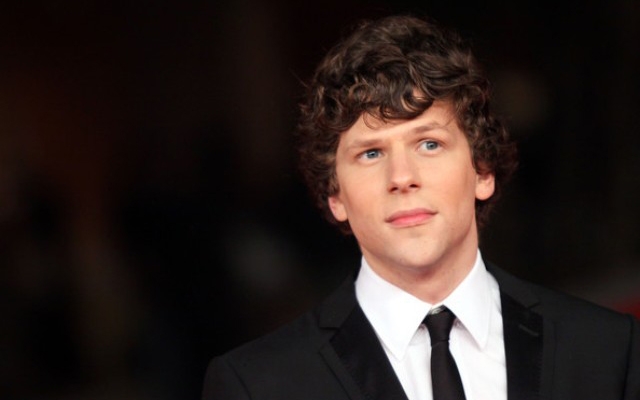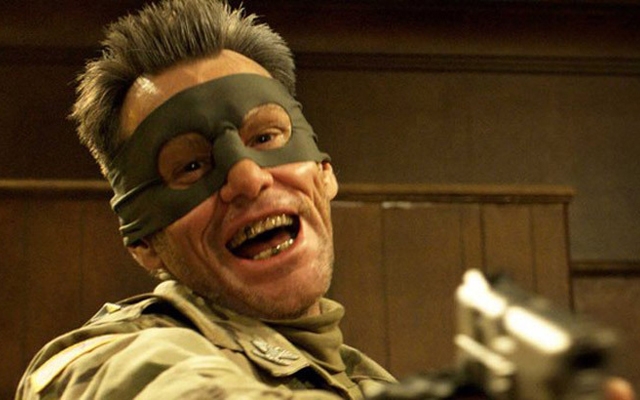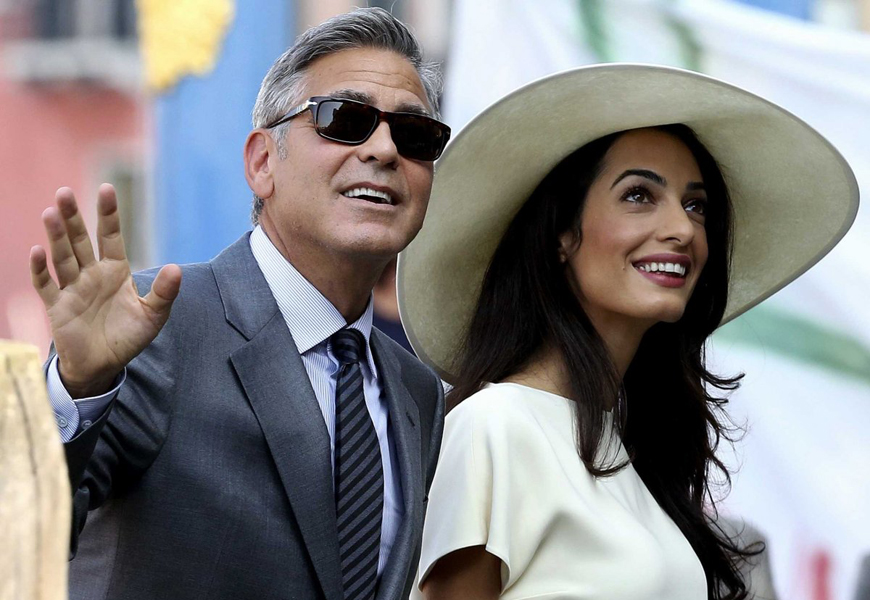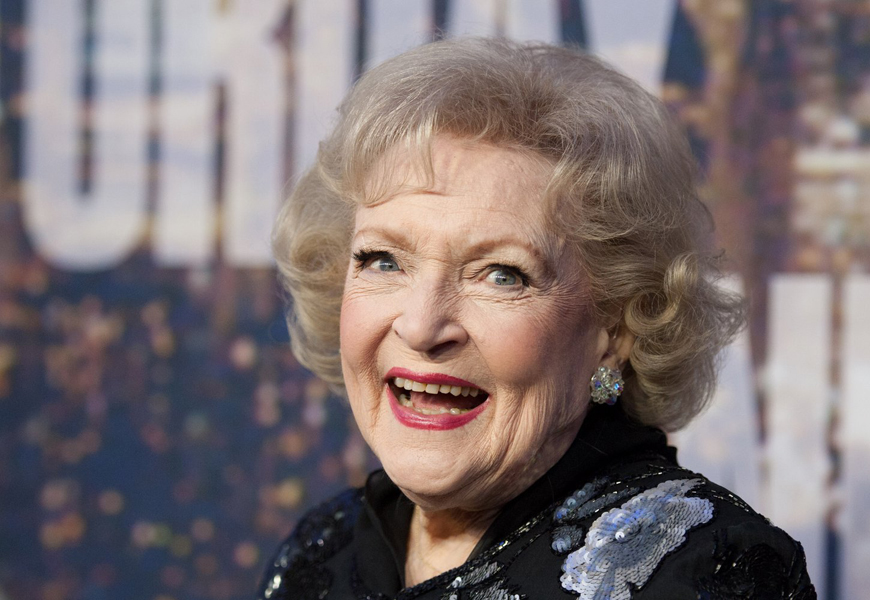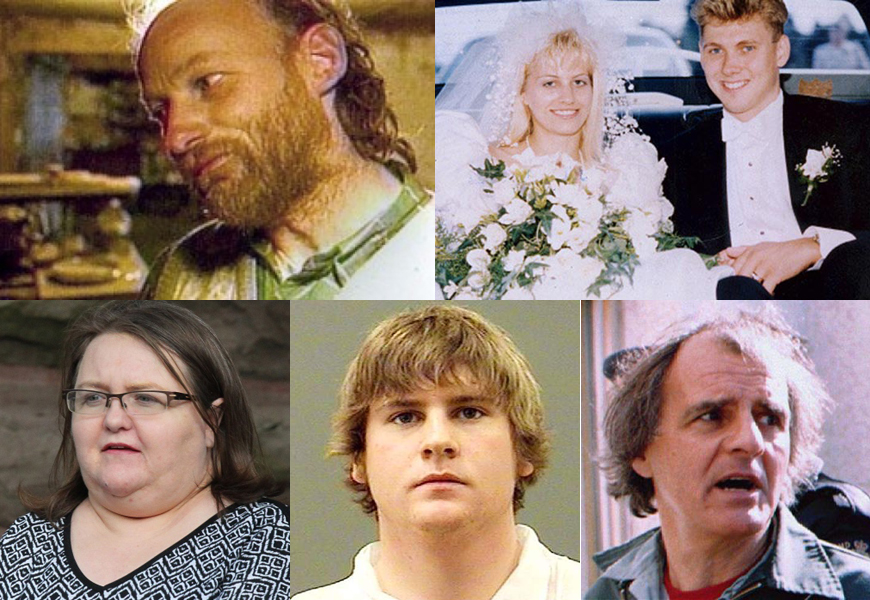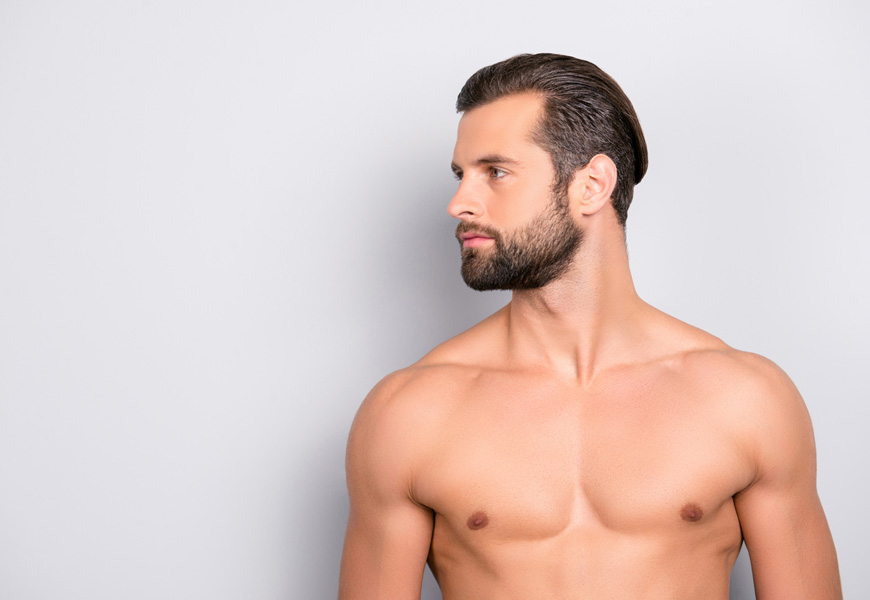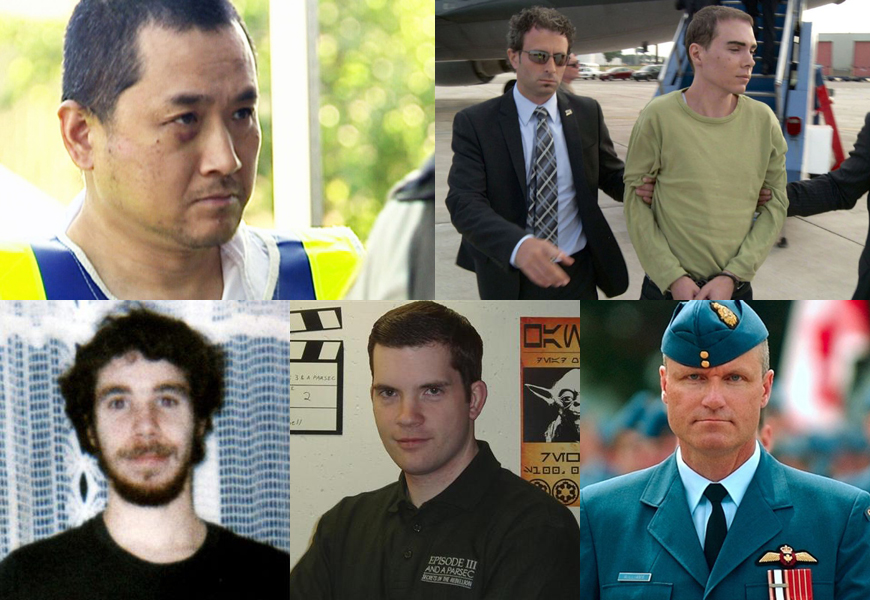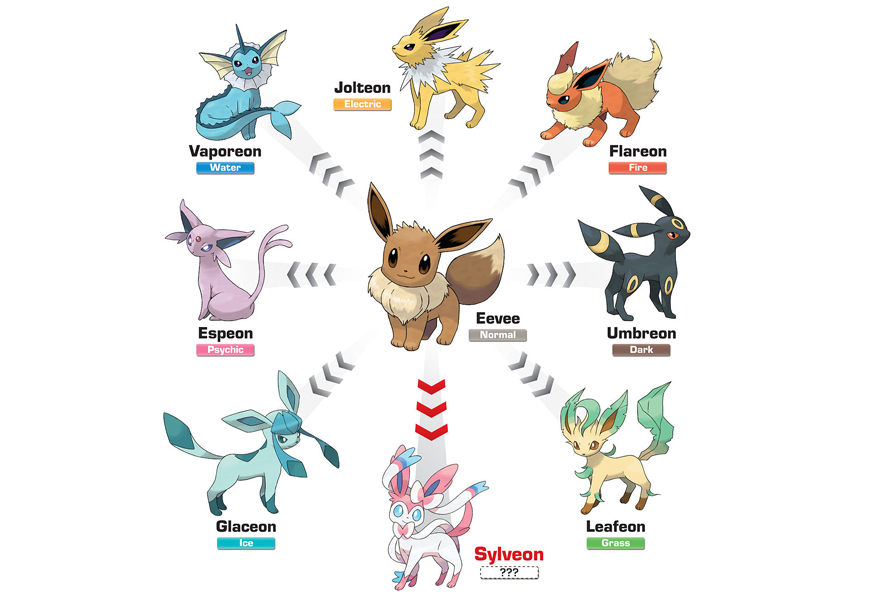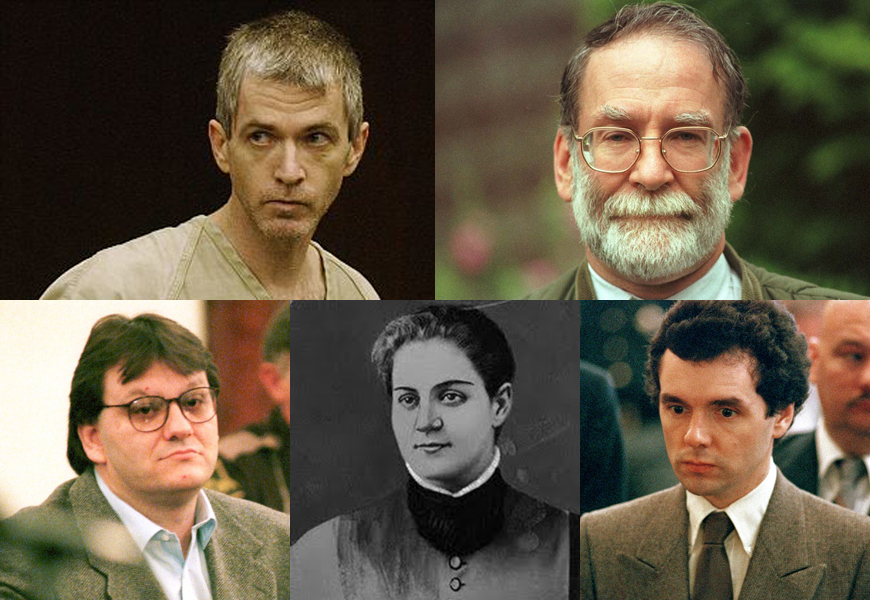Jesse Eisenberg is an Oscar and Golden Globe nominated actor, most known for the movies The Social Network and Zombieland. His newest film, The Double, is an adaptation of the novella by Fyodor Dostoyevsky. All about a man who is suddenly faced with working alongside his evil doppelganger — who is beloved by everyone around him — the darkly comic tale has Eisenberg playing both roles at the same time. It’s a departure from the crowd-pleasing hits Eisenberg has been seen in lately. I sat down with the young actor to discuss this clever and odd film, as well as his film choices (he’s Lex Luthor in the new Superman Vs Batman movie), and his work as a writer.
AmongMen: The Double is an ambitious movie for one that doesn’t have a huge budget. And most of the movie is you playing two characters alongside each other. How long did it take to shoot it?
Jesse Eisenberg: It was about a fifty day shoot, which is quite long for a movie that is not like a superhero movie. A lot of that was because it took a long time to film scenes where I was playing two characters, because things just go more slowly. You have to film the scene with one character, decide which particular take was a good one — which is normally something that is done six months later in an editing room — and then match the other character to that particular take. So everything takes a little bit longer and is more painstaking and just moves slower.
AM: In those scenes where you’re acting alongside your double, did you do that against nobody, or did you have a stand-in?
JE: Both. In the shots where you see both characters, that had to be to no one. But in the scenes where you see one character’s face and then it cuts to the other, I would act with a guy who was off camera. He’s actually an American actor who was living in England at the time, and he was wonderful. He’s an actor named Andrew Gruen. He’s a really good actor, but he’s off camera, so you don’t actually see him. But he did a ton of work. It’s a strange role to be there every day and to play the other character and then ultimately not wind up in the movie, but it was a wonderful acting experience for both of us because we both got to experience these two roles.
AM: What’s more difficult: Having to act opposite yourself as a double, or having to appear opposite Mark Zuckerberg on SNL?
JE: I really liked acting in The Double because often times I was looking at no one, whereas a lot of time when you’re acting with another actor you have to subtract everything you know about them in order to just think of them as the character. And when you are acting with no one there, you wind up just using your imagination to conjure that person and what the character would be. And, in a way, there’s something almost more pure about that because when you’re acting with another person you’re often using your imagination to kind of fill in the blanks of what that other character is or what he means or she means or represents to your character. And when I was acting with no one, I was using my own thought of what that character would be like. And then I got to play that character too, so I could physically enact that.
AM: Playing twins is something that has either been met with acclaim or disastrous critique. Was there every any hesitation on your part to take on these two roles?
JE: Yeah, because if the movie was a typical, broad American comedy, it wouldn’t be good. It would use the doppelganger as a gag. And if it were not funny, then it would fail and look silly. But what (director) Richard Ayoade and I wanted to do was create this real emotional experience. The first character, Simon, is living in this terrifying world where everything seems to be against him. Elevator doors don’t open for him, the cubicle he works in is designed to inconvenience him. And this other character, James, is embraced, even though he’s an awful idiot. Everybody seems to love him for no other reason than this is a world where everybody loves this guy and everybody hates the first guy. So I wanted to create a real emotional experience for one guy and a real terrifying experience for the other. And because I was able to do that, you don’t run the risk of succeeding for failing at a silly comedy.
AM: Which of the doubles would you say most resembles you in real life?
JE: The movie is a really good example of the split sides of an individual. I’m neither of them and both of them because they can’t really exist on their own. Simon is too timid to speak up for himself, and James is too dangerous and brash. Neither could self sustain. James would be killed by somebody because he’s a horrible person and Simon literally tries to kill himself. The Double, as a movie, is a wonderful presentation of the multiple sides of an individual and how they have to reconcile to make a full person.
AM: You mention the long filming time for a movie that wasn’t a superhero film. What was the hardest part about filming The Double?
JE: It seems strange for an actor to complain. I’m not complaining about conditions or hours or salary, but one thing an actor does that is unique to an actor is putting yourself into an emotional experience that other jobs just don’t require. To be in that emotionally heightened state for fourteen hours a day for a few months is really challenging. Luckily there is the other character, James, who is fun. People like him, he likes himself. So that was a kind of release. But towards the middle of the movie and throughout the end of the movie, James becomes evil. So that was also challenging but in a different way.
AM: You recently had a hit with Now You See Me, and you’re set to appear in Superman Vs Batman. You seem to do smaller movies between these huge blockbusters. Is that planned on your part, or just luck of the draw?
JE: It’s more about what things come to me. The first movie I was in was Roger Dodger, a small, New York independent movie that was well received, although it was not a big financial success. That’s how I was first seen. So, I really like doing those types of movies. My main love is that I write plays and perform them in New York City. If I were to really choose, I would mostly do that. But that’s not my livelihood. So I do the movies that come my way and just look at them based on the role. The part I’m playing in Superman vs. Batman is a really interesting role. Equally interesting to a movie like The Double, although the presentation of these movies to the public couldn’t be more different.
AM: You’ve gotten a lot of praise for your playwriting. Any chance you’ll move into screenwriting, as well?
JE: I don’t know. Every movie I act in, with very few exceptions, the dialogue changes on a daily basis. When you do a play, the dialogue never changes. When I write a play, I’m very specific about how the characters speak and what’s said. The process is respectful of that. I really like that medium. It’s a fun way to write and it’s treated with a little more seriousness.
AM: Any desire to step behind the camera and do a little directing?
JE: Yeah, if something appeals to me. I don’t direct my plays in New York because I’m in them. It’s hard for me to direct actors I’m working with. As a playwright, because things take place on one set and it’s a dialogue-driven medium, I feel a lot of control over it in a way and it satisfies me in a way that makes me not megalomaniacal.
AM: You started out on TV. In the past year we got to see you on both HBO’s The Newsroom and Modern Family. Does the idea of starring on a regular series again tempt you?
JE: A lot of times it seems characters on TV series change with the whims of fans who wrote letters to the producers. And I found it incredibly frustrating that my job was being dictated by people other than me. A lot of my job is, but usually you have a sense of what it’s going to be, whereas the show that I was on just changed so haphazardly. I would not want to do something like that again.
AM: You’ve done serious drama, action movies, and over-the-top comedy. Is there a genre that appeals to you the most?
JE: Probably my favourite style of acting would be in something like The Double, because it’s very emotional but very funny. To me, that’s the most fun I have because I feel like it’s tapping into the two things I really like to do. It’s very funny but never compromises what’s dramatically real about it. Those kinds of films are hard to make. A lot of the comedies that come out don’t have real emotion. But a movie like The Double I think does a wonderful reconciliation of comedy and pathos.
AM: At 30, you’ve already accomplished more than most actors ever will. Ever consider slowing down or changing directions at all?
JE: In my opinion, these are all unsustainable career paths. I write comedy for The New Yorker and I write plays for theatre, and movie acting. These are all jobs that are freelance and end within a short period of time. I try to do as many as I can because I like to do them, but also in an attempt to stay busy. I wrote a book that’s coming out next year. I try to stay busy. I don’t want to do stuff just to do it. I do stuff when I feel like it’s the right time. But these are unsustainable freelance jobs.
AM: Is it safe to say you’re in a place in your career where you can be choosier about the work you take?
JE: I’ve never been in a position where I felt that way because, when I’d been in a movie that’s very popular, usually the week after that comes out I get sent a greater volume of scripts. But they’re all of the same calibre as I was sent prior to that. But I don’t want to do 99 per cent of them. 99 per cent of them are bad. Most of the movies that are made aren’t very good, so you can imagine the quality of movies that are not made. None of that really changes. But I have the option to not do some of that because I spend a lot of time writing stuff. So I don’t feel the same pressure as I would if I didn’t have another option.
AM: You’ve been called one of the nicest guys in Hollywood. Is that a blessing or a curse?
JE: Being a nice guy in Hollywood seems oxymoronic. I’ve never heard anyone refer to me as that, but it’s very sweet. I don’t know, that’s like being called the humblest banker. If you’re a working actor, you’re in a very, very small percentage of very fortunate people. I think 97 per cent of union actors are out of work, and that’s actors in the union. If you cannot step back and appreciate what you’ve got, you’ll have a very miserable experience.
AM: If you could punch anyone in the face, who would it be?
JE:No one deserves a punch.
AM: No one?
JE: Maybe some people, but I don’t want to be the one to do it.
—
Jesse Eisenberg can be seen in The Double, in theatres everywhere, and is currently filming the movie American Ultra.
Ward Anderson is the author of the novel, I’ll Be Here All Week, available online and in bookstores everywhere.

